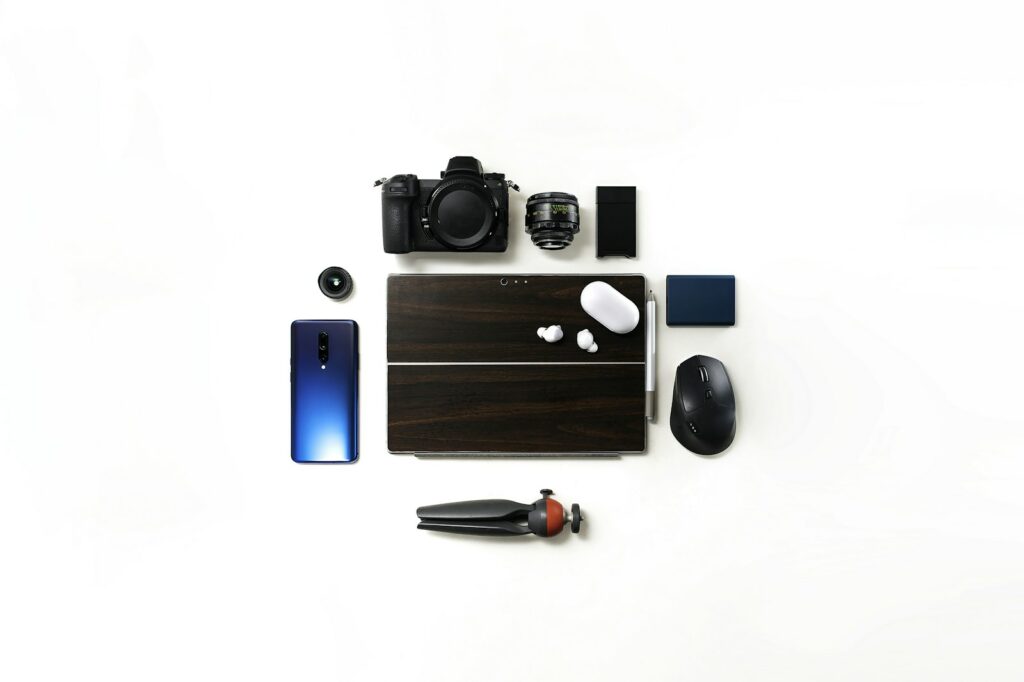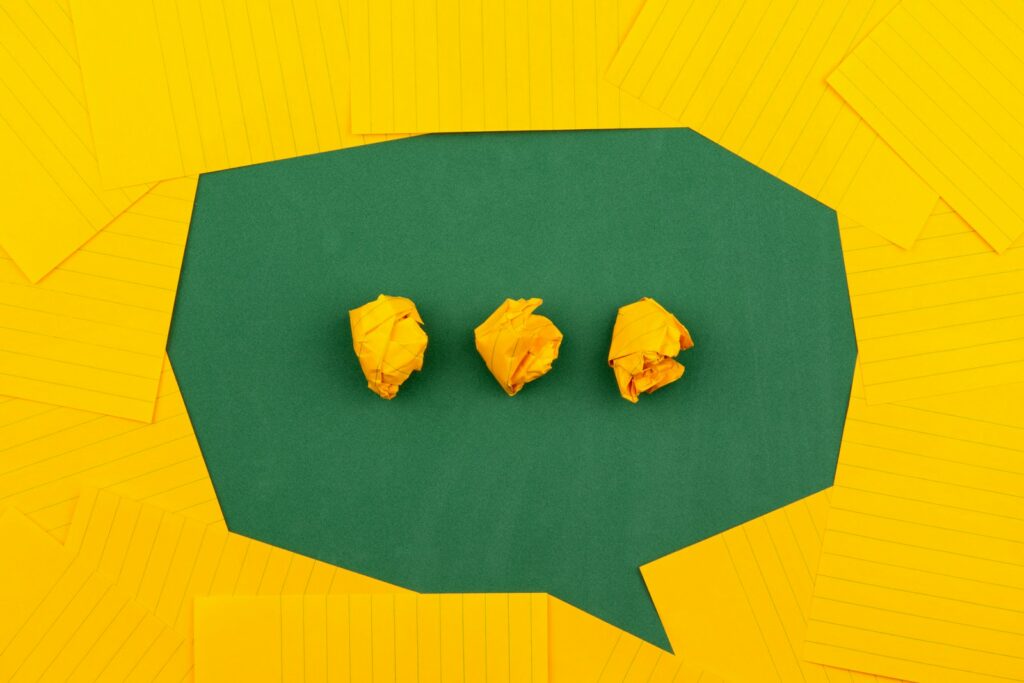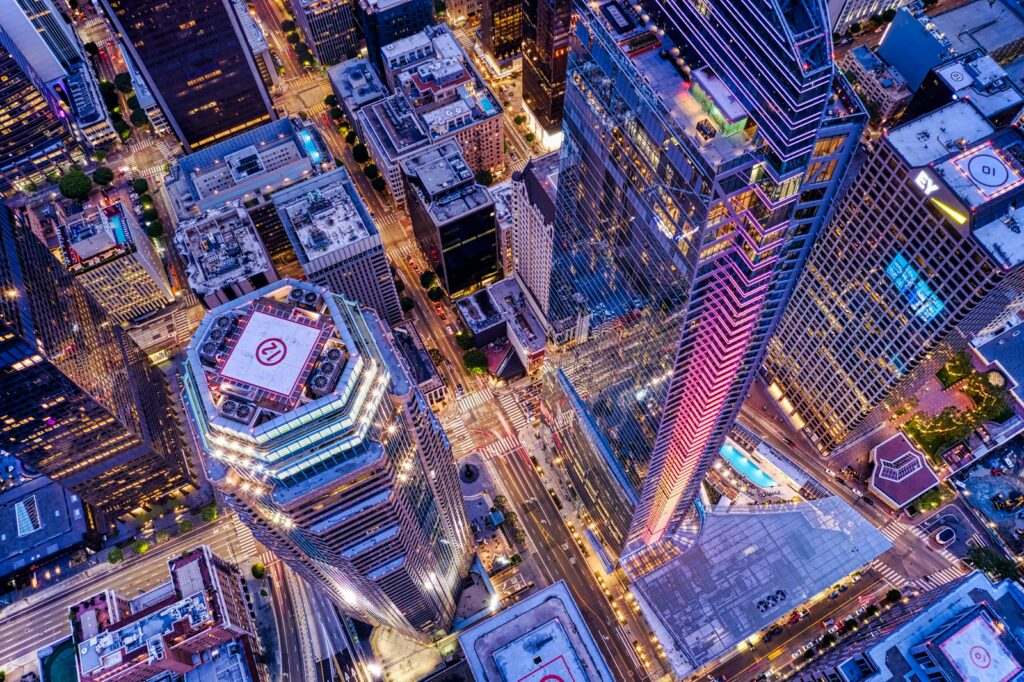Reading An Article That Is Guiding You How To Become A Photography Teacher, To Yourself, Is Perhaps A Little Ironic?
But, bear with me here….
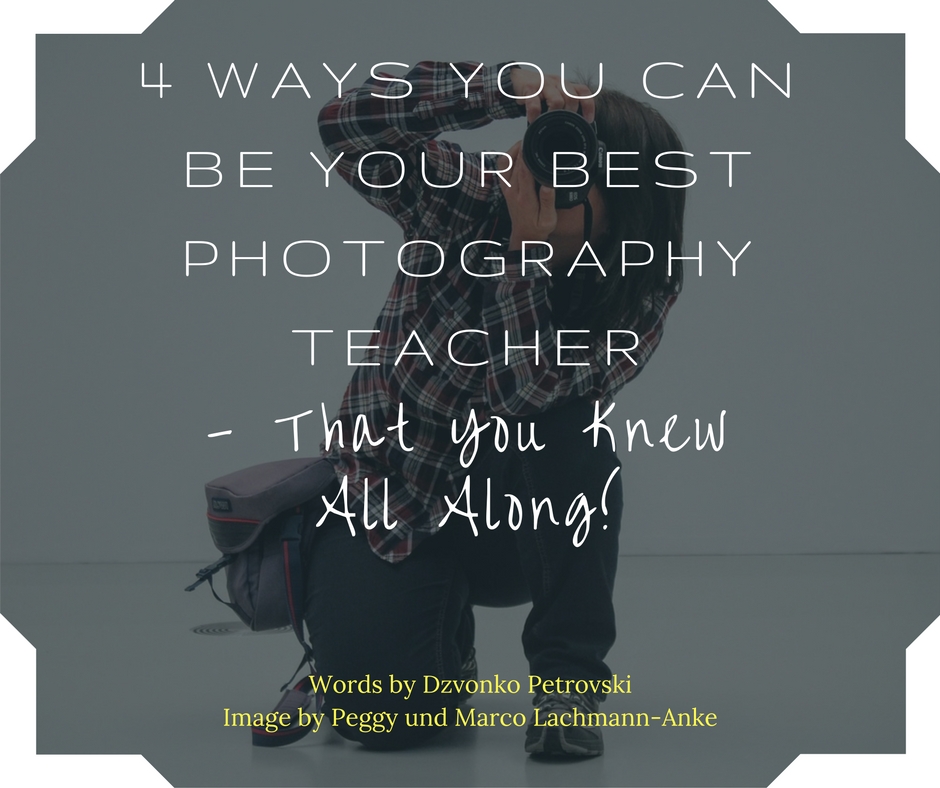
So, in normal circumstances, you'd learn photography from 3 resources,
- Online i.e. LightStalking
- From critiques of your own work, and
- Directly from people.
That method is totally fine, no doubt about it. However, there is one thing that you should consider, after all those inputs of information, at the end of the day, you teach yourself photography.
The trick is to be efficient about it and to get over the fact that no matter how good you are in photography you’ll never stop learning, and you are always capable of taking bad shots. And that is good, it's normal.
How You Can Learn Photography
1. By Taking Bad Pictures
Let’s say that you want to shoot a picture under the direct light of the sun, say at high noon, when it is at its brightest point.
You snap a picture for which you’ve compensated -1 EV in order to keep the sun from blowing over, but you take a glance at the histogram and you see that it is clipping beyond recognition.
You do -3 EV and now it is close to clipping or it clips just a tad which can be recovered later from the RAW file. As you develop the RAW file you notice that now the sun is not clipping, but the shadows recovered are a mess, suffering from noise, discoloration and so forth. Damn!
Now you realize that you’d be better off shooting HDR in this scenario since it will provide you with expanded dynamic range which would cover both the highlights and the shadows better.
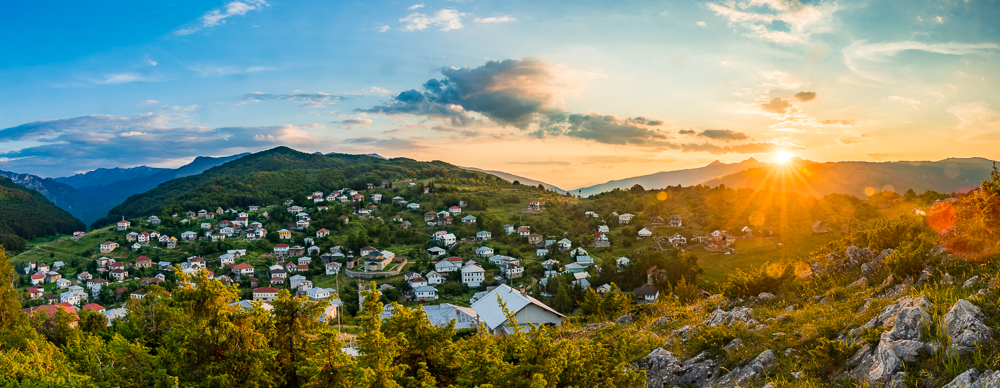
- Short-term learning, or situational, is the fact that you are adapting to the situation by learning from the evidence at hand.
- While the long-term learning is that you’d be better off with HDR if possible since your camera is not capable of capturing both the sun and the shadows properly at high noon.
Top Tip!
Don't be afraid to make mistakes. This is what builds us up as photographers and improves our abilities!
From this, we've learned what to do next time, or you will, after several messed up attempts of a similar scenario. The great thing is when you become a photography teacher to yourself, this mindset helps you improve from your mistakes, massively!
2. Self-Critiquing Your Photography
You take your shots, develop them, edit them, and you let them stay like that for 24 hours. You come back to them the next morning, and there are several things on the pictures that you don’t like.
What a difference a sleep makes!
That will be the case forever, and due to that notion, you never stop learning, your work will be your own teaching, thus you are your own teacher. Make sense?
So, you look at the work you did yesterday and you start analyzing it…You will do this whether you like it or not because your own curiosity will overcome you eventually.
After you’ve observed all the tiny mistakes you made, you will probably pay attention to one or two of them the next time you shoot. The rest will be left for the next time you do the same. And that will occur over and over again.
This endless loop will be the one to blame for the constant progress you will be having. That is basically called, gaining experience.
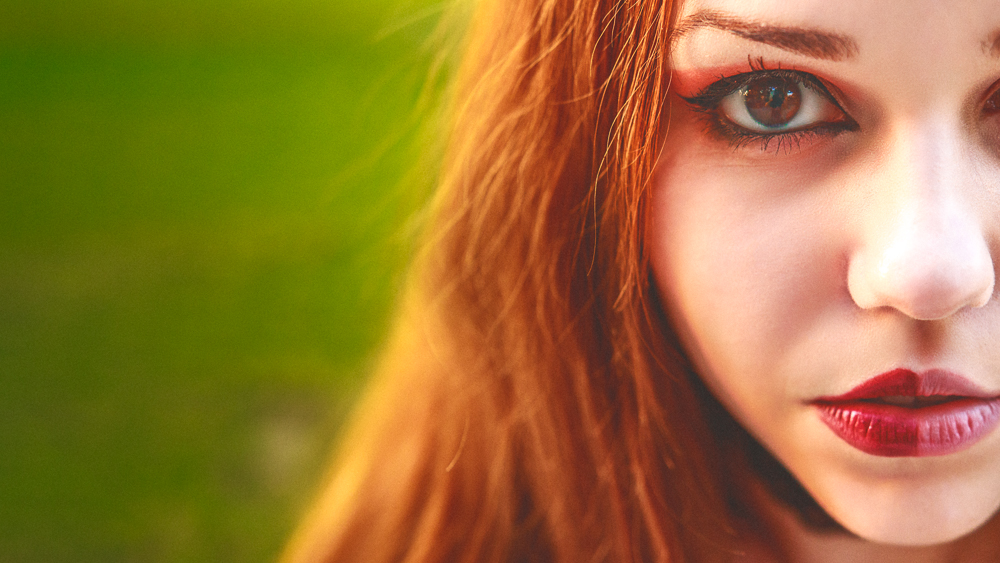
3. Progress And Adaptation
No two photographers are alike.
You can learn from all the photographers first hand, but at the end of the day, there will be things that you’ll have to teach yourself.
For example, the way you hold the camera and your body posture. You can try and mimic what the other photographers are doing, but you have no idea which muscles and muscle groups are tense, and which aren’t.
Nor do you have any idea of how hard the other photographers are gripping the grip on the camera. That sort of thing you’ll learn by yourself and you’ll find a point which works best for you. Experiment, get comfortable, even as someone for their feedback if you like?
Some postures are hard to mimic, and some work better than others.
This is just one example, there are heaps of other things that you’ll have to learn by yourself! Which is okay, because practicing photography is an enjoyable process, so the more practice equals more enjoyment!
That's why Henri Cartier-Bresson said that: ‘Your first 10,000 photographs are your worst.', this is because, during those photographs, you are still figuring out the things that nobody can teach you.
And of course, it's not exactly 10,000, for some people it is 5,000 for others even 50,000 just won’t do.
Further Learning
Learn to master “Better Black and White Photography” with Photzy's amazing new ebook by hugely popular professional photographer and author Kent DuFault! Appreciate what photographers need to learn about Black and White Photography.
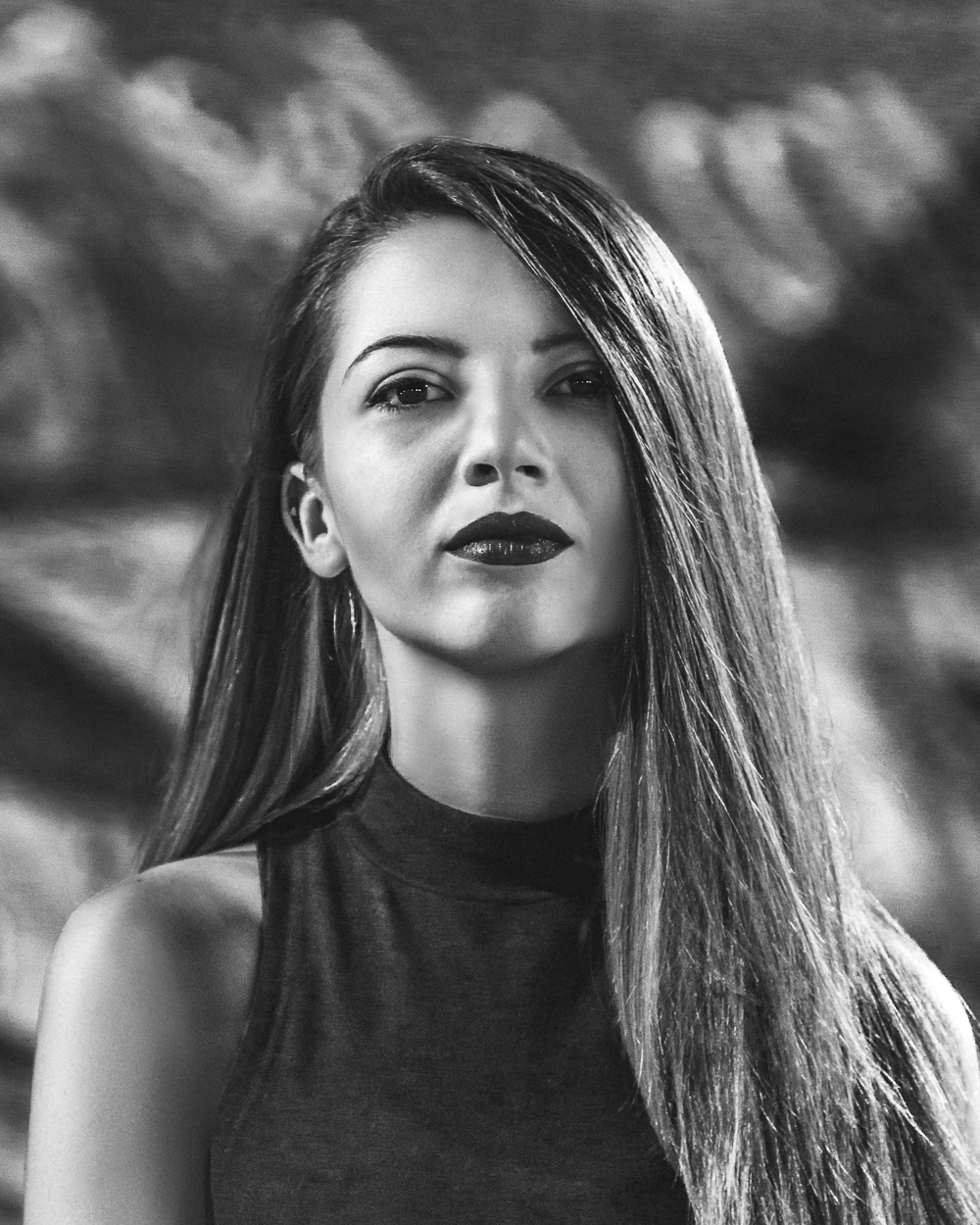
4. Reflections
Never delete photographs, ever.
Keep the RAW files and have them organized by date. This is a must for more than one reason.
- On the one hand, you’ll never know when you’ll need a photo that you took 3 years ago,
- On the other hand, you can learn and motivate yourself from the very same photographs.
Once every 3 to 4 months, take a quick tour through your archives, it is always good to remind yourself how far you’ve come, and also do a quick analysis on the photos. Look at the mistakes you were doing 4 years ago, and ask yourself if they are still present in the photos you took yesterday? If the answer is yes, that is your top priority, learn how to fix that – and do it.
Summary
Learn from your mistakes, be able to criticize yourself and do it on a regular basis. Don’t be afraid to admit to yourself that you’ve failed, and neither be afraid to work hard to fix that. This is how to become a photography teacher and learn from errors you made along the way!
Be aware of your progress and teach yourself photography. Become a better photographer and a better teacher every day, because that is the single best way to succeed.
Learning How To Become A Photography Teacher, By Yourself – Top Takeaways
- It's ok to take bad pictures. This is how we learn! Me included.
- Get constructive critique. Lightstalking have their very own “Shark Tank” for you to submit your favorite images to and have photographers give you some feedback to help you improve your skills (both out shooting and in computer)
- Go back over old images, revisit them one evening and start re-processing your RAW files. It's likely you'll discover “throw away” images from 2 years ago are now definite pieces to be proud of!
Further Resources
- A Beginner’s Guide to Dynamic Range (Plus Useful HDR Photography Tips) by Dzvonko Petrovski
- How to Get Genuine Feedback On Your Photographs by LightStalking
- Why You Should Love Negative And Constructive Photography Critique by Dzvonko Petrovski
- 4 Reasons to Go Back and Re-Process Older Raw Files by Sheen Watkins
Further Learning
Learn to master “Better Black and White Photography” with Photzy's amazing new ebook by hugely popular professional photographer and author Kent DuFault! Appreciate what photographers need to learn about Black and White Photography.


